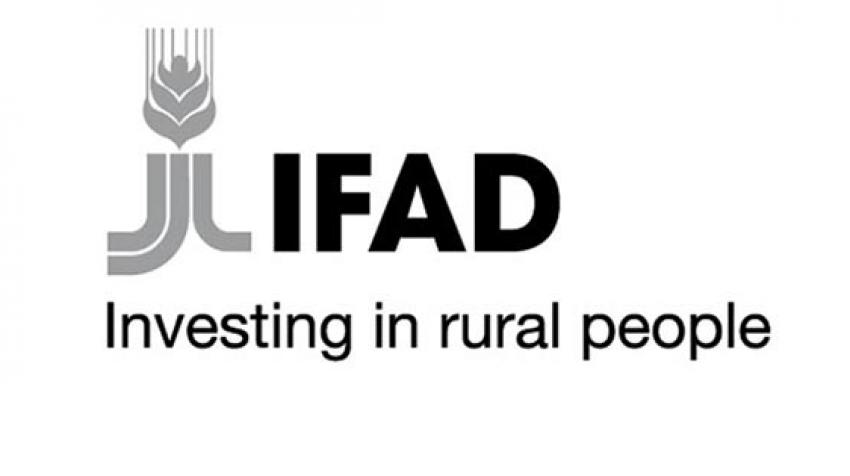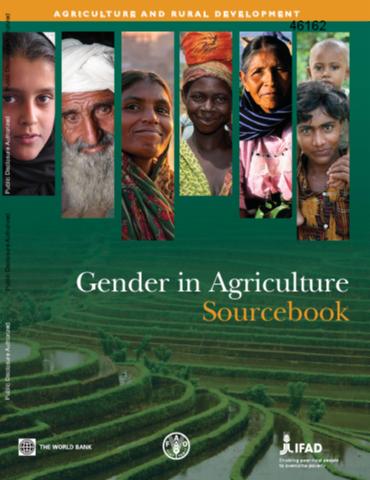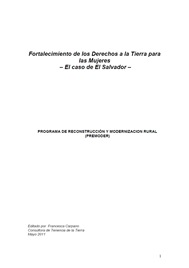Focal point
Location
The International Fund for Agricultural Development (IFAD), a specialized agency of the United Nations, was established as an international financial institution in 1977 as one of the major outcomes of the 1974 World Food Conference. The Conference was organized in response to the food crises of the early 1970s that primarily affected the Sahelian countries of Africa. The conference resolved that "an International Fund for Agricultural Development should be established immediately to finance agricultural development projects primarily for food production in the developing countries". One of the most important insights emerging from the conference was that the causes of food insecurity and famine were not so much failures in food production, but structural problems relating to poverty and to the fact that the majority of the developing world's poor populations were concentrated in rural areas.
IFAD's mission is to enable poor rural people to overcome poverty.
IFAD is dedicated to eradicating rural poverty in developing countries. Seventy-five per cent of the world's poorest people - 1.4 billion women, children and men - live in rural areas and depend on agriculture and related activities for their livelihoods.
Working with rural poor people, governments, donors, non-governmental organizations and many other partners, IFAD focuses on country-specific solutions, which can involve increasing rural poor peoples' access to financial services, markets, technology, land and other natural resources.
Resources
Displaying 66 - 70 of 102Framework and guidelines on land policy in Africa
The Framework and Guidelines on Land Policy in Africa is the result of a three-year road map of activities that involved intense reflection, rigorous consultations and exemplary collaboration across the continent. These activities involved African continental and
regional institutions, governments, prominent African land experts from all regions of
Gender in Agriculture Sourcebook
Three out of every four poor people in developing countries live in rural areas, and most of them depend directly or indirectly on agriculture for their livelihoods. In many parts of the world, women are the main farmers or producers, but their roles remain largely unrecognized. The 2008 World development report: agriculture for development highlights the vital role of agriculture in sustainable development and its importance in achieving the millennium development goal of halving by 2015 the share of people suffering from extreme poverty and hunger.
Land grab or development opportunity? Agricultural investment and international land deals in Africa
Despite the spate of media reports, international land deals and their impacts remain little understood. The report discusses key trends and drivers in land acquisitions, the contractual arrangements underpinning them and the way these are negotiated, and the early impacts on land access for rural people in recipient countries. The focus is on sub-Saharan Africa, with an emphasis on Ethiopia, Ghana, Madagascar, Mali, Sudan, Mozambique and Tanzania. Concludes with recommendations for stakeholders.
Good practices in participatory mapping: a review prepared for the International Fund for Agricultural Development (IFAD)
Participatory mapping, commonly used in participatory development, plays an important role in helping marginalised groups by making visible the association between land and local communities, highlighting important social, historical and cultural knowledge as well as presenting geographical feature information.
El Salvador: Technical assistance on women’s land agreements
Poor rural women are among the most vulnerable people in El Salvador, where the Reconstruction and Rural Modernization Programme was launched in 2003 to aid areas stricken by earthquakes two years earlier. Women’s land tenure was not initially a central theme of the programme. The issue had to be addressed, however, when women – a large segment of the target population – were unable to benefit from an investment fund for rural economic development because they had no access to land.









